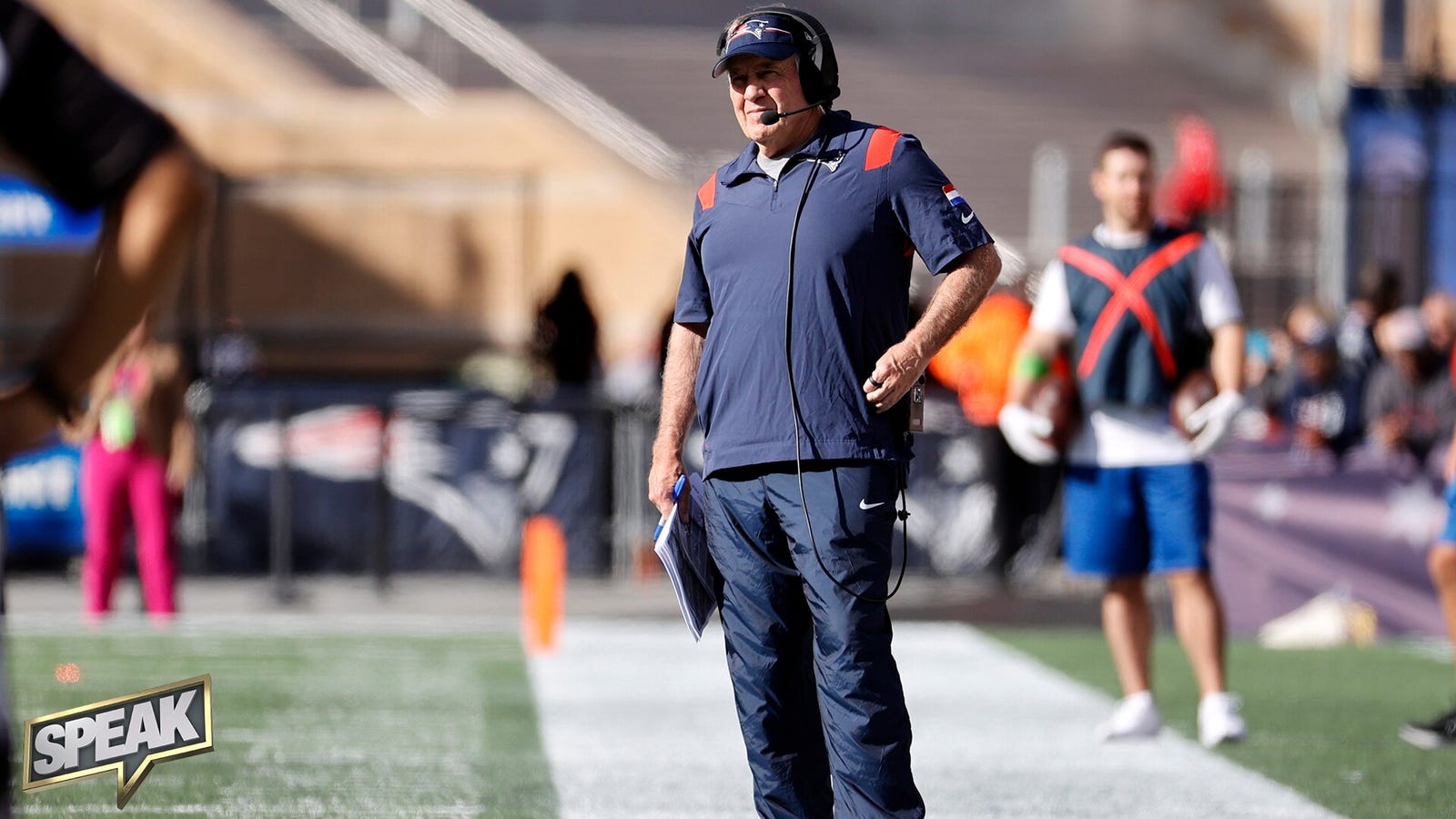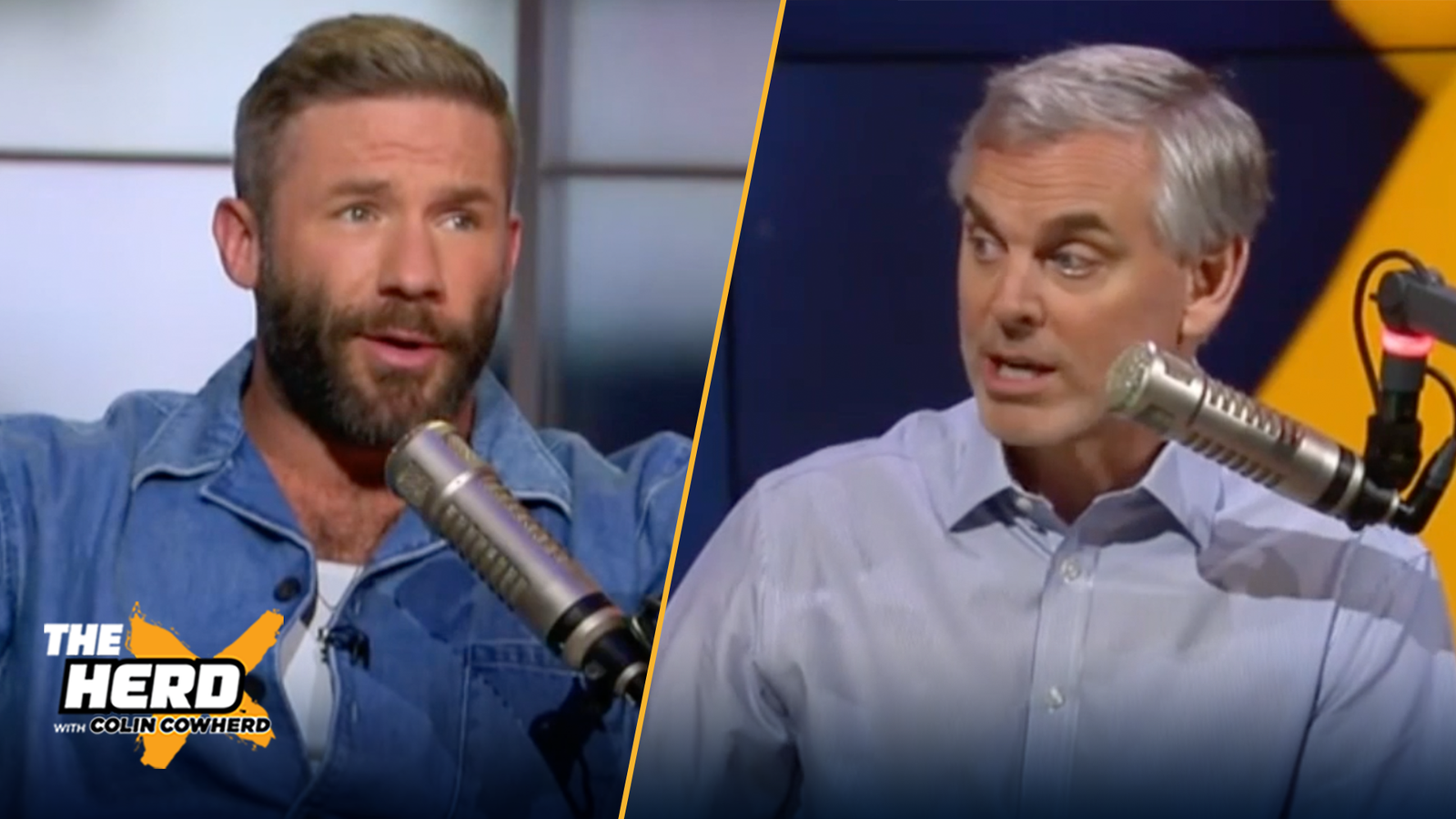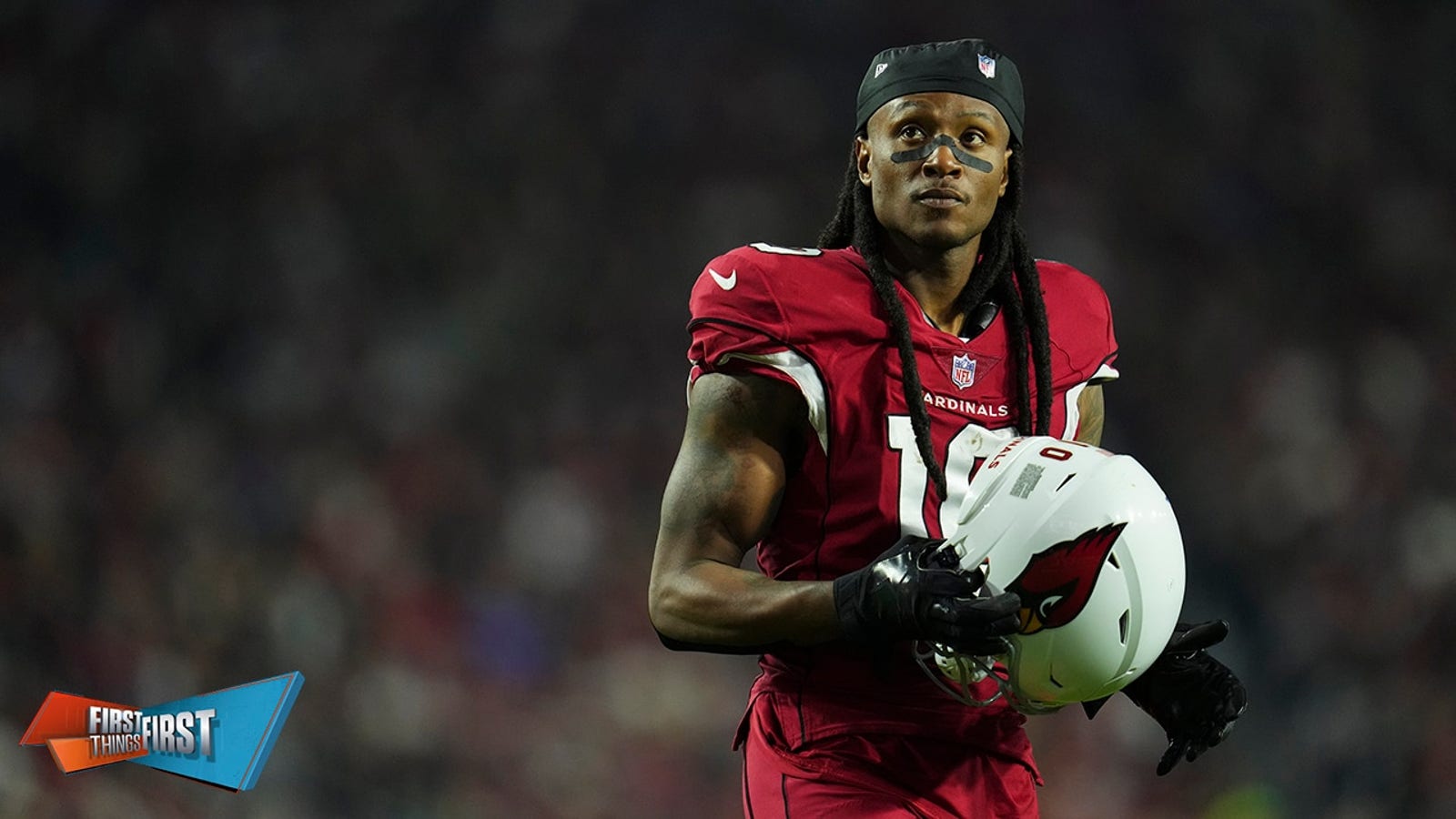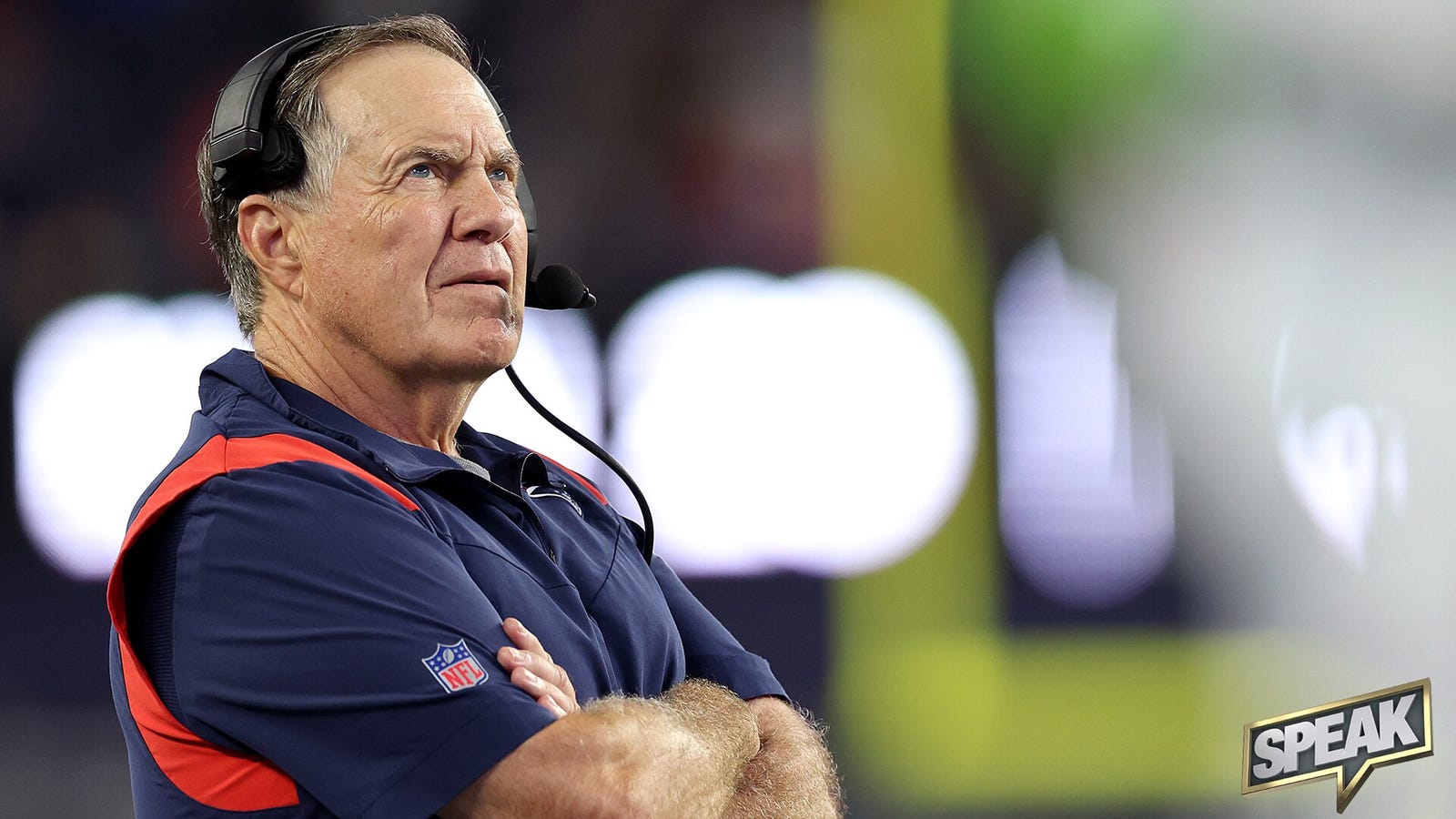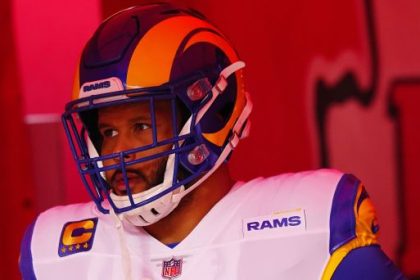New England Patriots coach Bill Belichick opened his press conference on Wednesday by noting how many Las Vegas Raiders‘ staffers once worked for him.
It wasn’t a humblebrag. (Or maybe it was, but if so, it wasn’t a very good one.)
The Patriots are 1-4. The Raiders are 2-3. It’s not like he’s trying to claim their success. It was merely an acknowledgment of fact. Belichick’s coaching tree has turned into a forest, with the Patriots’ tendrils of influence reaching across the league, for better and for worse.
But his comments also brought attention to the Patriots’ steady outflow of coaches, executives and scouts over the past few years. There’s a legitimate question whether, for the first time, the Patriots are genuinely struggling with brain drain — a gradual procession of executives and coaches leaving New England to the point where its ranks look depleted.
ADVERTISEMENT
When it came to coaching, that was apparent last year. Belichick tried replacing former offensive coordinator Josh McDaniels with Matt Patricia and Joe Judge, neither of whom had much experience working with offenses. And to be clear, they didn’t ask to work on offense, per a source close to the situation. Belichick asked them.
The plan failed miserably.
But there needs to be more discussion about the departures in the front office, which include current GMs Nick Caserio (Texans), Monti Ossenfort (Cardinals) and Dave Zeigler (Raiders).
Ossenfort left in 2020, Caserio in 2021 and Zeigler in 2022. That has moved Matt Groh into the team’s top executive position: director of player personnel. Belichick is the de-facto GM. But he leans enormously on his DoPP in free agency and in the draft. It’s like an assistant GM gig.
Since the beginning of the Patriots’ brain drain, their ability to add talent in the draft, free agency and the trade market has declined. They’re missing big decisions more than ever.
“Does anyone recognize all the player personnel people they lost and how they are probably crippled now because of it?” an NFL evaluator, who once worked with the Patriots, told FOX Sports this week.
That same evaluator wondered if Groh might be in over his head. And it would be only natural if he were. Belichick has long refused to fill high-level positions with out-of-house coaches and evaluators. His coordinators and directors of player personnel have risen up the ranks in New England. Even hires like Patricia and Bill O’Brien are both out-of-house and in-house, because they come from elsewhere — but they have experience as coordinators for the Patriots.
In a situation like this (where other teams have aggressively poached the Patriots’ staff), it can lead to early (and sometimes premature) promotions for staffers. The Patriots would have replaced Caserio with Ossenfort in 2022, but he was already gone, so they put Zeigler in place. He left a year later, and the team moved up Groh, who was roughly fourth in command just two years earlier.
“Matt does a great job,” Belichick said in July when the Patriots were in the hunt for free-agent running back Dalvin Cook after missing out on free-agent receiver DeAndre Hopkins. “He’s very smart, very thorough, has a great background in so many areas, football, non-football, scouting, legal, you name it. He’s done a lot, and so I have a ton of confidence in him. He’s great. He saves me a lot of time and he’s very well-prepared, gets all of the information. Then we talk about it and figure out what to do between Matt, scouting, coaching, ownership, whatever it has to be.”
That helps paint a picture of how much work the DoPP does for Belichick and how influential he can be in guiding The Hoodie’s decisions. But, to be 100 percent clear, it’s Belichick who makes the call.
“Obviously, Coach is the general manager, Coach is in charge,” Groh said in April 2022 when he took the job. “He’s been doing this a long time. The more I can learn from Coach Belichick and a lot of the other guys around here, I’m gonna do that.”
The Groh-Belichick tandem has struggled. Heavily.
Just this offseason, Groh and Belichick couldn’t land Hopkins. They couldn’t land Cook.
Perhaps most notably, they couldn’t retain receiver Jakobi Meyers, who left for the Raiders. At the end of last season, Meyers told FOX Sports it was “kind of my dream” to stay with the Patriots. The Raiders’ offer was better, however. Meyers did what made sense for his family and his career and moved on.
New England replaced Meyers, a proven entity in the offense, with free-agent JuJu Smith-Schuster, who arrived as damaged good (with a knee injury) and then struggled to grasp the offense. He has been a nonfactor this year for New England. It was a bold move, given the Patriots’ past history with scouting receivers. You’d think they would simply pay up, particularly for a guy like Meyers who: 1) did everything the right way, 2) made almost nothing during his first four years in the NFL and 3) was the only skill player who elevated quarterback Mac Jones‘ play.
The Jakobi-for-JuJu swap is a microcosm of what’s not working for the Patriots.
These ruthless, Belichickian moves worked for a very long time, particularly on offense when quarterback Tom Brady could compensate. And they still seem to work OK on defense, with a guy like JC Jackson departing in 2022. Belichick compensated with scheme and the development of young players. And the team just brought Jackson back on a bare-bones contract after he failed his way down the Chargers‘ depth chart. Another bargain!
But that is all that Belichick seems to seek anymore: cheap players. The Patriots are still shopping like they have Brady, who was worth taking a pay cut for. And while Belichick still gets some defensive stars who want to play for him (and, in some cases, take less money), there aren’t many offensive players clamoring to play for the Patriots — and definitely not at a discount.
Jones’ play certainly isn’t a selling point. Maybe the Patriots could sell Jones after his 2021 season, when he nearly won Offensive Rookie of the Year. But now? He looks broken. And his supporting cast is so bad that it’s impossible to know for sure whether he can be fixed. The obvious things that can help are an improved offensive line and a WR1. But Belichick has been unwilling to invest substantially in either position.
You want Tyreek Hill? Pay in spades with picks and cash. You want Davante Adams? Picks and cash. You want Stefon Diggs or A.J. Brown? Well, you get it.
Belichick, who for so many years was ahead of the curve, is now seemingly falling behind.
Or, maybe he’s not falling behind. But the old tricks aren’t working like they used to. Because of bad talent evaluation, the Patriots’ roster looks like a disaster on offense.
His recent draft classes have been woefully weak. His recent free-agency classes — even the one where he set a record for spending in 2021 — show his blind spot on offense. That class included tight ends Hunter Henry and Jonnu Smith and receivers Nelson Agholor and Kendrick Bourne.
Those whiffs are what necessitated the Patriots chasing Hopkins (and others) this offseason. And while the team was extremely optimistic it would land him immediately after his visit, Hopkins clearly took that visit to, at least, compare offers (and surely use the Patriots as leverage). He picked the Titans, likely not because they were a much better team but because they paid him more. If New England had upped its offer, maybe Hopkins would be leading the team in receiving yards and performing at a similar level, with 26 catches and 356 yards.
The Patriots couldn’t hook him.
It’s not just about the players who want to join New England. It’s also about acquisitions, like trades, where the player often doesn’t really have a choice. Since 2020, when Belichick’s staff began to thin out, the Patriots have been less active on the trade market. New England has averaged eight trades per year (including 2023, which — to be fair — is not yet over) over the past four seasons. From 2016 to 2019, however, the Patriots were averaging 14 trades per year. They have been less active in the wake of the departures of their big-name executives.
New England’s issues on the field trace back to their personnel departments. And while Belichick is the one who has to answer for the team’s shortcomings — both in how it was assembled and how he’s deploying the players — the coach might have hit a point where he simply doesn’t have the assistants with the brainpower or experience he needs to find the right players.
After years of struggling, Belichick & Co. might have the biggest treasure trove of assets yet. New England will have $80 million in salary cap space. From the looks of this 1-4 team, the Patriots will also have a number of high draft selections. If they sell off some of their talent, they might acquire even more draft capital.
But it’s fair to wonder who will actually get to use all that money and capital.
Will owner Robert Kraft try to bring an experienced talent evaluator in to help Belichick? Would Kraft replace Belichick as the GM? Would Kraft fire Belichick?
[Want great stories delivered right to your inbox? Create or log in to your FOX Sports account, follow leagues, teams and players to receive a personalized newsletter daily.]
It would make sense for the Patriots to bring back an executive like Zeigler, whose job might soon be on the fritz alongside McDaniels. It would make sense for New England to potentially even bring in another hot executive — maybe someone under Eagles GM Howie Roseman or Lions GM Brad Holmes. But then how might Belichick respond?
The Patriots are in uncharted territory: lacking as an organization from top to bottom. But maybe it’s time to get Belichick some help at the top.
Prior to joining FOX Sports as the AFC East reporter, Henry McKenna spent seven years covering the Patriots for USA TODAY Sports Media Group and Boston Globe Media. Follow him on Twitter at @henrycmckenna.
NFL trending
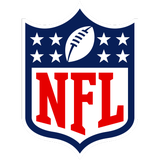
Get more from National Football League Follow your favorites to get information about games, news and more








